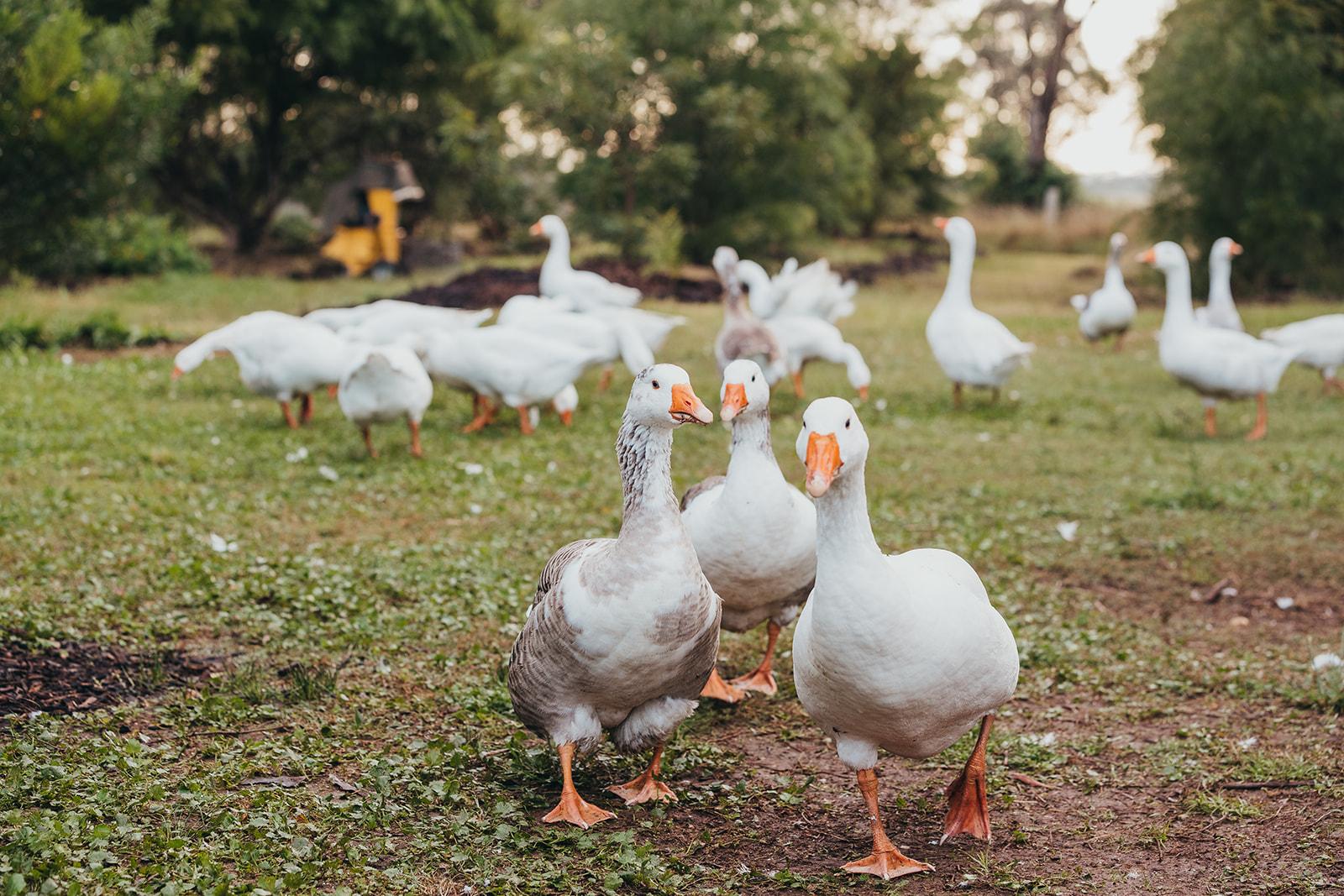Barking dogs
If a nearby dog is repeatedly barking and consistently causing disturbance, we recommend you speak to the owner of the dog in the first instance. Often the owner is unaware of the issue, and the complaint can be resolved without any outside help.
What you need to do
- Talk to your neighbour - if you feel comfortable, your first step should be to approach your neighbours or leave them a notice in writing advising them of the disturbance.
- Contact Hunter Community Legal Centre (CLC) - if you are unsatisfied with your neighbours response to step 1, we recommend contacting CLC for free advice about barking dogs and next steps. Legal Aid NSW also offer information and guidance for neighbours experiencing similar issues.
- Seek a noise abatement order from the Local Court - a noise abatement order is a court order given to the occupier of a property from which the noise originates.
- Report the issue - If you've tried the steps above but the barking issue persists, you can report the barking dog through MyCouncil. Council will notify the owner that a complaint has been made. Your personal details are never disclosed to the dog owner/s.
Please note: Council will only start an investigation if the previous three steps have been completed.
Information for dog owners
If you have a dog that is barking excessively or have received a letter from your neighbour or Council advising that your dog is barking, there is some helpful information and advice on minimising the barking habit and on how an investigation is conducted.
Barking dog FAQ's
Dog attacks
It is an offence for a dog to attack another animal or person. If you, or your dog is involved in a dog attack, please collect the contact details of everyone involved, and report the incident to Council as soon as possible. As part of the investigation process, you will be required to provide a written statement, proof of identification, and/or participate in an interview conducted under a caution/oath.
Aggressive or dangerous dogs
Unfortunately some dogs are declared dangerous by Council based on their actions or breed, in order to keep the public and other pets safe.
Cat issues
Under the Companion Animals Act 1998, cats in NSW are free to roam except in food preparation or protected wildlife areas. Due to their freedoms, it’s often difficult to distinguish someone’s pet from a stray, homeless or feral cat. Our rangers do not actively patrol with the view to seizing stray cats.
If you have concerns about a stray, homeless or feral cat, Rangers will only collect it under very limited circumstances and you must sign a statement outlining the circumstances in which you found the animal.
Catching or trapping roaming cats is strongly discouraged. Trapping a cat can cause distress or injury to the animal and endanger native wildlife. Cruelty to animals is illegal under the Prevention of Cruelty to Animals Act 1979.
Bird issues
Birds can cause possible danger to people and animals, particularly in spring when birds, such as magpies, sometimes swoop to protect their young.
If there is a problem with swooping birds in a Council sporting facility, call our Customer Experience Team on 02 4934 9700. If the bird issue is happening on private property or park or street, please contact the Newcastle National Parks office at 02 4946 4100, or email.
Animal welfare
To keep animals, owners must follow the Keeping of Animals policy and ensure their pets are:
- Kept in clean and healthy conditions
- Physically clean and are cleaned up after
- Well behaved, friendly, and not noisy for neighbours.
Let us know if you believe an animal owner is not following these requirements.
Council does not have the authority to make judgments on the treatment of pets or animals. If you feel like an animal is not being adequately looked after, it’s important you contact the RSPCA or the Animal Welfare League.

